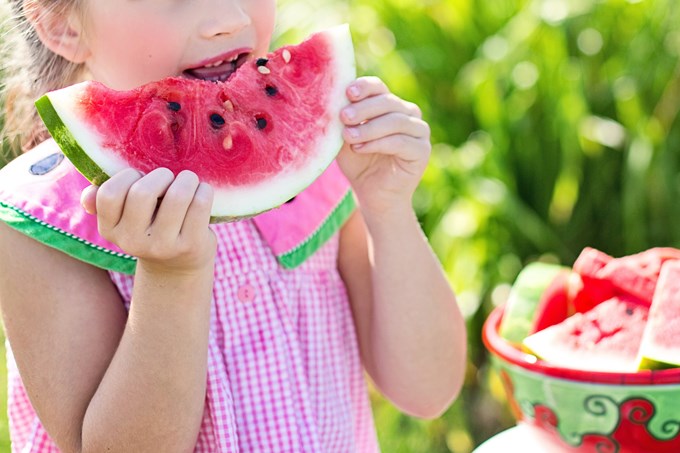Auckland Council Environmental Health Officers have been busy working with thousands of businesses that serve and prepare food to help them comply with the new Food Act.
Mervyn Chetty, Auckland Council Environmental Health Manager, says so far Auckland Council has worked with 3000 businesses.
“That’s just the tip of the iceberg though. There are another 8000 businesses that need to register within the next year including cafes, takeaways, dairies and service stations,” he says.
Under the 2014 Food Act food businesses need to register with council, meet food safety requirements and keep some records.
They must also be verified by a food safety expert, a service offered by Council’s Environmental Health team which has recently been extended to include the verification of lower and medium risk business that follow a national programme.
Recently Auckland Council Environmental Health Officers have been working with Early Childhood Education (ECE) centres. All ECE services and kōhanga reo that cook meals or prepare food need to comply with the Act.
Chetty says that since March, the team has worked with over 1000 ECEs – although he says there are still ECEs yet to register.
“These regulations are about reducing the number of cases of foodborne illness caused by bacteria such as Salmonella, Listeria, E.coli and Campylobacter. Most cases are caused by poor hygiene practices and improper handling of food,” says Chetty.
Chetty says the Environmental Health team is happy to answer any questions ECE’s or other food businesses may have regarding verification.
“We are absolutely here to help and can provide a lot of information so businesses can get started with ensuring their paperwork and records are in order.”
An easy experience for The Learning Centre in Ponsonby
Helen Holmes from The Learning Centre in Ponsonby says her experience of being verified by Auckland Council was quite easy.
She describes the actual verification process as very thorough and says that Auckland Council has a high standard – which she sees as extremely positive.
“New Zealand doesn’t have a great history when it comes to food safety, and I completely understand why these measures have been put in place.
“There were a couple of things I thought I was doing correctly, but it turned out that I wasn’t and Auckland Council was great about explaining how to do it properly – it was a good opportunity to learn.”
Helen says anyone put off by the process should bear in mind that every single food preparation business has to go through it.
Her advice for those yet to be verified is to just get on with it.
“It’s not hard work; it’s more about ensuring that you have the right systems in place and being organised.”
Get started
- Use the Ministry for Primary Industry’s tool ‘Where do I fit?’ to see what requirements your business needs to meet.
- Don’t leave registration until the last minute, find out what’s needed and get started.
- Start food records and get your paperwork in order – the sooner the better!
- If you need a verifier for national programmes, Auckland Council can do this.


